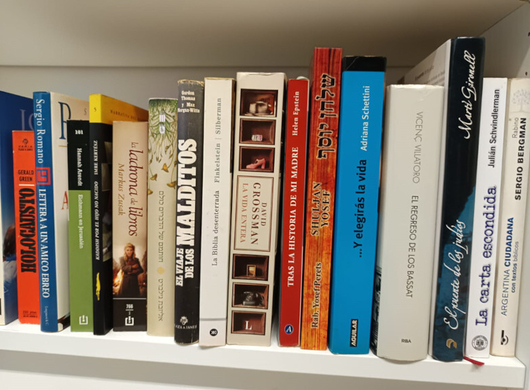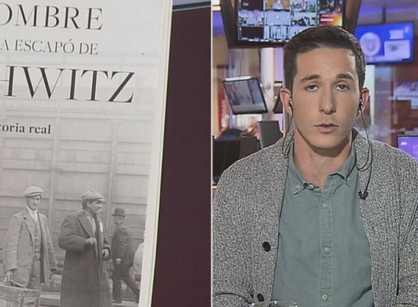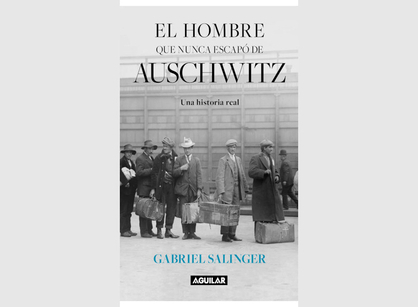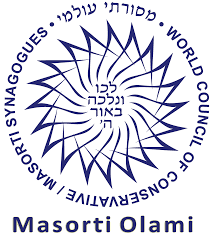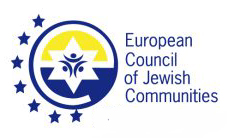El gueto interior
I don't know if you can talk about the Holocaust. My grandfather didn't try. And if I tried to find some words, if I looked for how to say what he kept quiet about, it's not just to calm his pain: it's not to remember it, but to forget it.
The inner ghetto is the real story of the author's grandfather, of how the letters of a mother locked in him the Warsaw ghetto joins his exiled son in Buenos Aires in silence, guilt and impotence. Saving yourself from horror can become a worse sentence than losing your life. This is the real story of Vicente Rosenberg, the author's grandfather, a Jew who left Poland in the twenties leaving behind a his parents and brothers to start a new life in Buenos Aires. There he married, had children, yes he became the owner of a furniture store and was neglecting contact with his family. his mother, however, he never stopped sending him letters, a correspondence that became the testimony of one woman who was locked up in the Warsaw ghetto. Those letters talk to his son about hunger, the cold and the fear that preceded the murder of millions of people throughout Europe. When Vicente realizes of what is happening, it is already too late and the letters stop arriving.
Amigorena revisits the memories and silence of her grandfather in a story that has become world literary phenomenon. Finalist of the three great literary prizes of France, El geto interior se will translate into a dozen languages. Martín Caparrós, cousin of the author and also grandson of the protagonist of This story has been translated into Spanish.
Santiago Amigorena (Buenos Aires, 1962) is a screenwriter, producer, director and actor.
The interior ghetto has been a finalist for the Premio Goncourt y succès d'estime in France.
Marta Castillon




